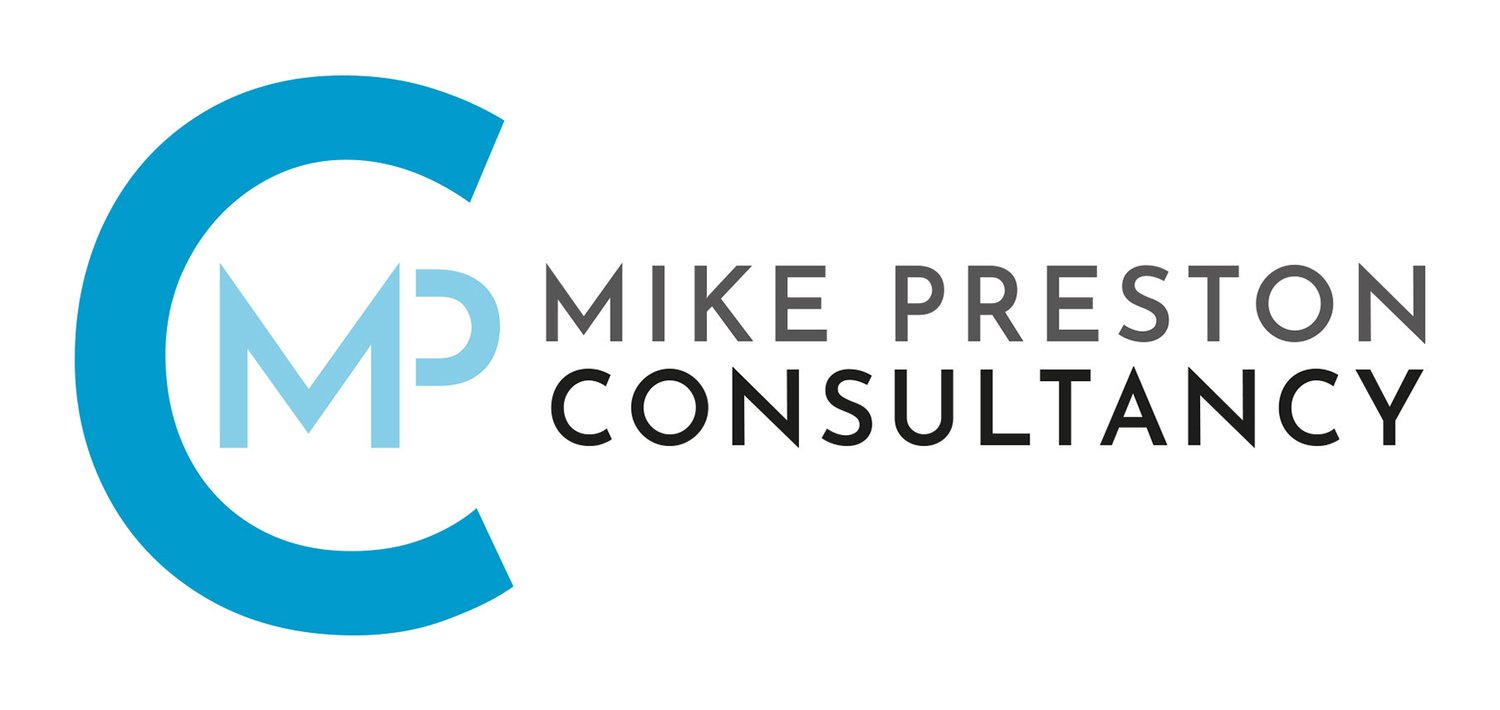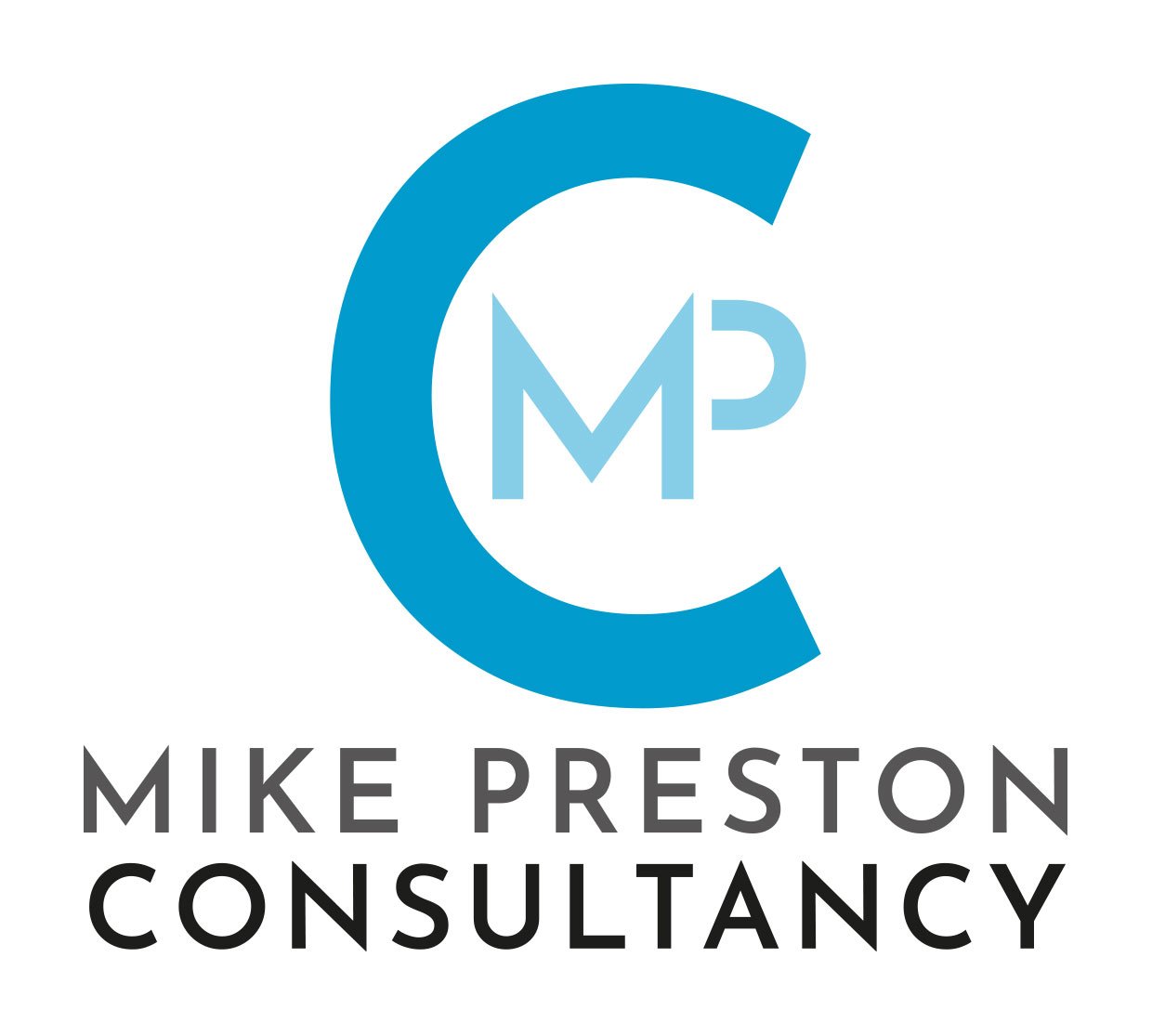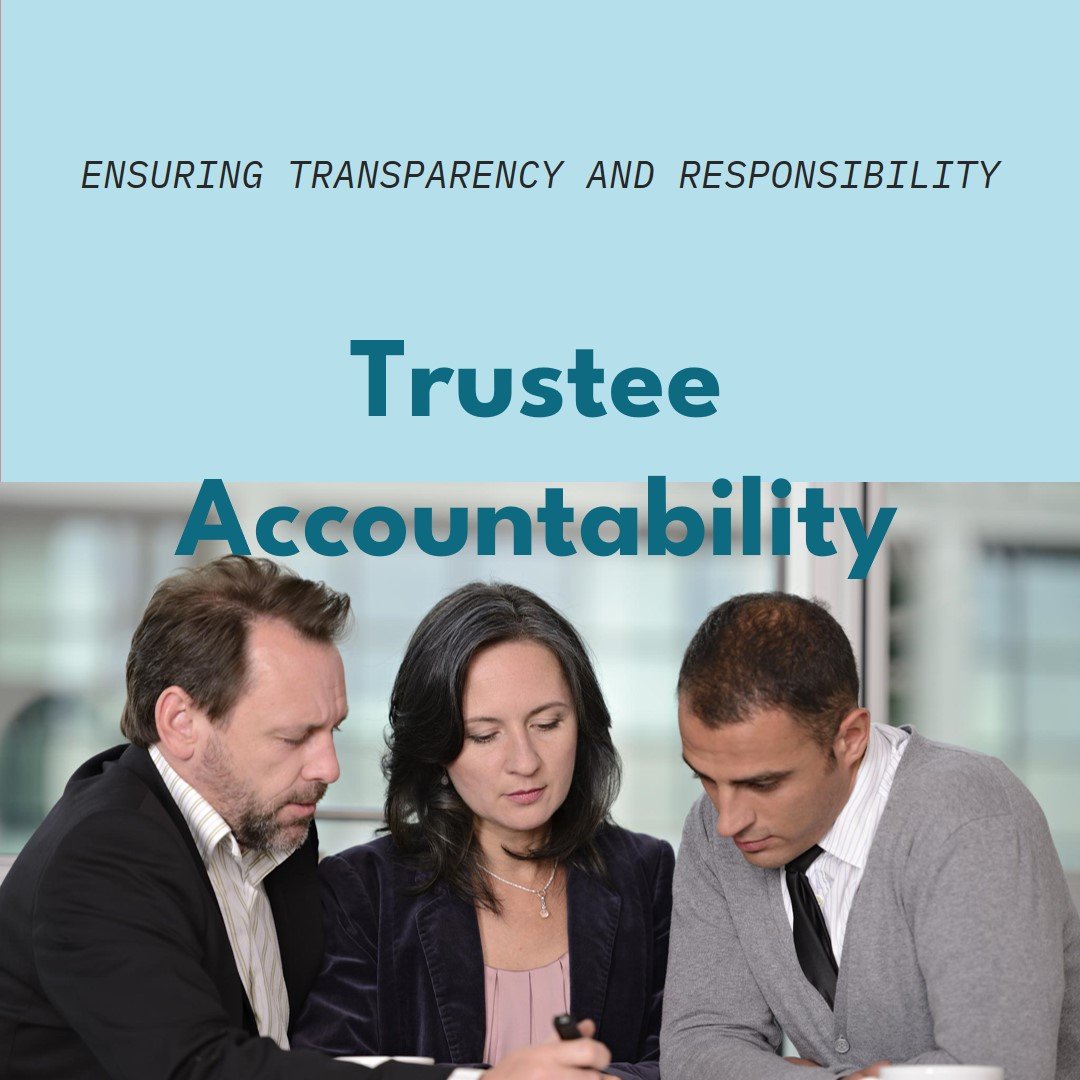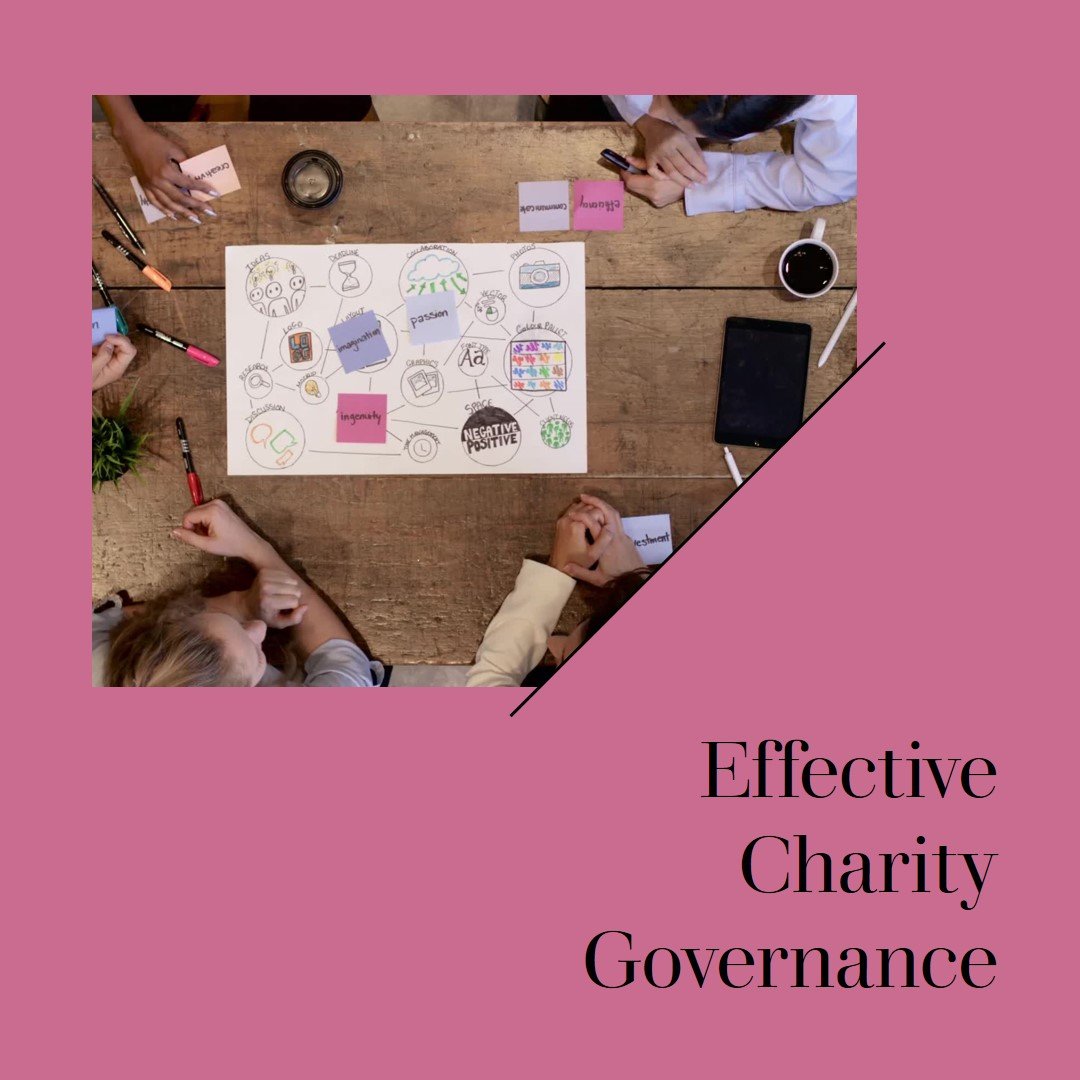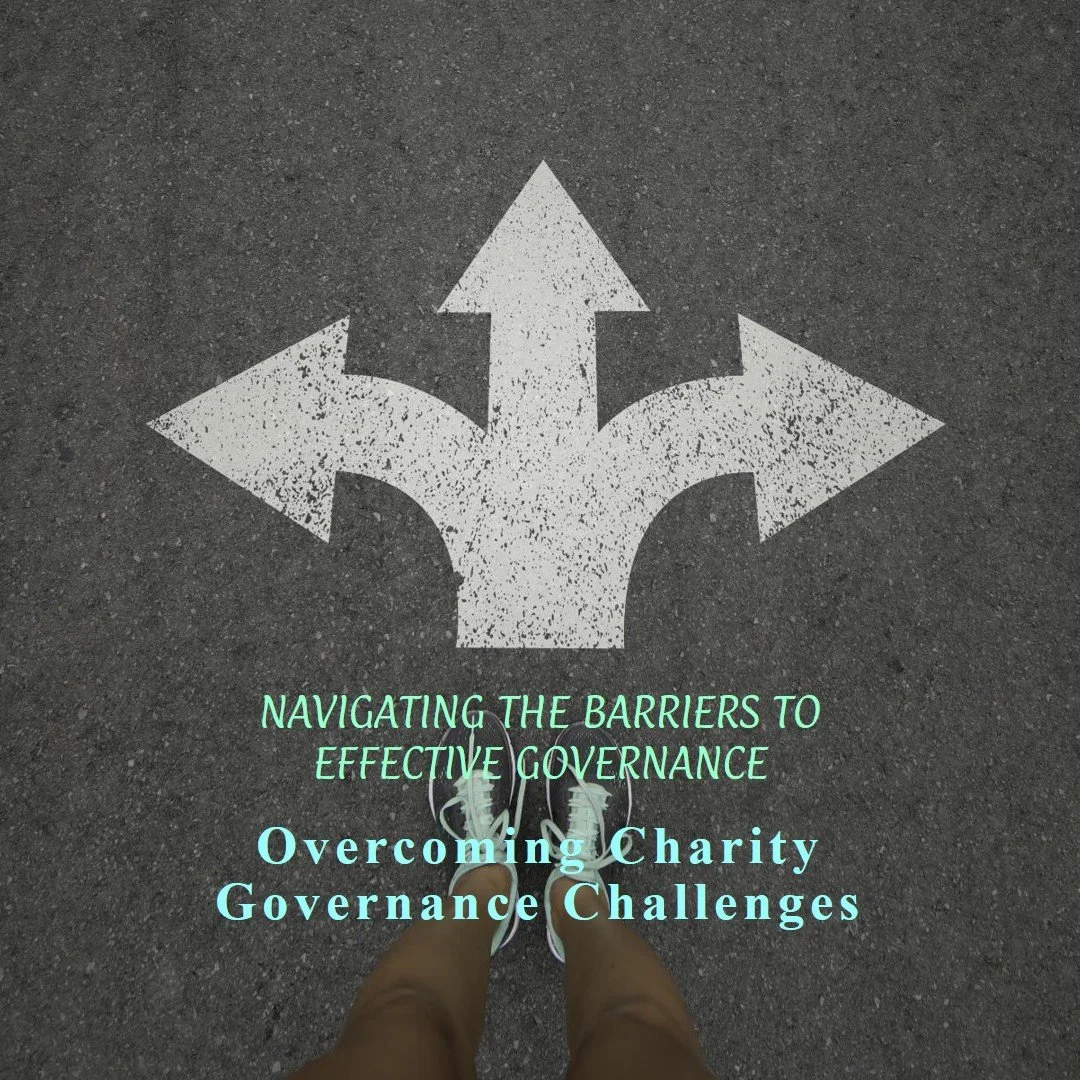Understanding Charity Governance: A Must for Accountability, Transparency, and Impact
Charity governance is the way that charities are run or managed. It involves making sure that the charity is doing what it's supposed to do, using its money and resources wisely, and following the law. It considers the accountability and responsibility of wide range of issues and considers the compliance with the organisations own policies and governing documents.
Who's Accountable & What's Their Role?
People who are in charge of a charity, often called trustees or board members, have important jobs. They make big decisions about the charity's work, like what projects to start, how to raise money, and how to spend it. These decisions are generally made in partnership with paid senior managements who taker their direction from the board by implementing the boards decisions and taking responsibility for tasks delegated to them by the board.
Trustees must also make sure the charity stays true to its mission—the special goal it was created to achieve. They need to be honest, work well with others, and always think about what's best for the charity. Good governance means that a charity will earn the trust of the people it helps, its donors, and the public. It's like being the captain of a ship; you have to steer it in the right direction and keep everyone on board safe and working together.
Why is Governance Still Important Today?
Charity governance is super important, especially now. Think of it like the rules and plans that make sure a charity is doing its job right and staying true to its mission. Good governance means the charity is clear about what it wants to achieve and how it's going to get there.
Here's why it's so crucial today:
Trust: People want to know that when they give money or time to a charity, it's used well. Strong governance builds trust.
Money Matters: There's not always a lot of cash to go around. Charities need to use their funds wisely, and good governance makes sure of that.
Adapting to Change: The world's changing fast—like with new tech and laws. Charities need to keep up, and solid governance helps them do that.
Making an Impact: To really make a difference, charities have to set goals and measure if they're hitting them. That's part of good governance.
Staying Legal: Charities have to follow the law. Good governance ensures they don't step out of line.
So, in short, charity governance is all about making sure charities are effective, trusted, and doing the best they can with what they've got.
What are the Key Components of Efficient Charity Governance?
A. Leadership & Management - What It Means to Lead Well
When we talk about charity governance, we're looking at how a charity is run by its leaders. Good leadership is super important for a charity to do well and make a big difference.
The board of directors is like the steering wheel of a charity. They make the big decisions and set the direction for where the charity should go. Here's what they do:
Set Goals: They decide what the charity wants to achieve.
Make Plans: They figure out how to reach those goals.
Follow Rules: They make sure the charity follows laws and does things the right way.
Manage Money: They watch over the charity's money to make sure it's used wisely.
Great leaders in charities share some key qualities:
Passionate: They really care about the charity's cause.
Honest: They are always truthful and open.
Smart with Money: They know how to handle finances well.
Good Listeners: They pay attention to what others have to say.
Decisive: When it's time to make a choice, they can make a good one quickly.
B. Money - Being Efficient, Transparent and Compliant
When we talk about charity governance, we're looking at how a charity is run by its leaders. One of the most important parts of this is financial stewardship. This means taking care of the money that people have given to the charity.
Financial stewardship is all about being responsible with the charity's funds. Leaders must make sure that every dollar is used wisely and for the purpose it was given. They need to:
Plan carefully: Decide how to spend money in a way that helps the most.
Keep good records: Write down all the money that comes in and goes out.
Be open: Share with others how the money is being used.
Follow the rules: Make sure they are using the money in a legal and fair way.
Good financial stewardship is key because:
It builds trust with the people who donate money.
It ensures that the charity can keep doing its good work.
It avoids any legal problems that might come from misusing funds.
By following these steps, charities can make sure they are using their money in the best way possible. This helps them do more good in the world and keeps the trust of those who support them.
C. Ways of Working - Understanding Policies and Procedures
When we talk about charity governance, we're looking at how a charity is run. This includes making sure it follows the law and does its best to achieve its goals. Good governance is like a set of rules that help everyone know what they should do.
Key Policies for Charities
Code of Ethics: This is a big promise that says everyone will act honestly and with respect.
Conflict of Interest Policy: This stops people from making choices that could benefit them instead of the charity.
Financial Controls: These are rules about handling money to keep everything clear and honest.
Document Retention Policy: It tells you how long to keep papers and records.
Whistleblower Policy: This lets people report bad things without fear of getting in trouble.
Delegated Responsibility Policy: Let's the organisation know who the board consider accountable for different tasks and activities.
Important Procedures to Follow
Board Meetings: The board should meet regularly to make decisions and check on progress. These meeting's should be minuted, and can be used to review board decisions, and highlight any discussions the board had about the various topics they discuss. Standing items of the board agenda should include Risk, Conflicts of Interest, Finance, Operational Updates and Strategy Reviews
Hiring Practices: When hiring staff, charities need to be fair and pick the best person for the job. All hiring practices from operational budget sign off, to interview and appointment processes should ideally be created ahead of advertising for staff. Other Hiring processes include Equal Opportunities, Background Checks, Application Process, Staff Benefits and Complaints.
Fundraising Rules: There are specific laws about asking for money, and charities must follow them. As well as these rules, it's important to consider things like ethical fundraising. This looks at where you receive donations from and if these donor fit with you're organisational goals. You might also want to consider Rate Cards, these can be used to understand the cost of the projects you run including on costs. This enables you to approach donors and full cost recovery.
Reporting Requirements: Charities have to tell the government about their money and activities. Ensure you're reporting deadlines are not only included in you're board diary, but it also outlines who is responsible for creating the report, and submitting it, as well as the lead in time needed to create the report. For example, all financial statements as a minimum need an independent review.
What are the Benefits of Effective Charity Governance?
Ensuring Financial Accountability and Preventing Misuse
When a charity shows that it handles money wisely, people feel more confident about donating. It's like making sure every dollar goes to the right place and isn't wasted or stolen. This is super important because it helps the charity do its job without any problems.
Increasing Public Trust through Transparency
Being open about how the charity works makes people trust it more. Think of it like letting someone see how a magic trick is done – it builds trust. When a charity shares where the money comes from and where it goes, people are more likely to support it.
Enhancing the Charity's Reputation and Credibility
A good name is like a gold medal for a charity. When people hear good things about a charity, they believe it's doing great work. This means more help and support from the community, which can lead to even more good deeds.
Improving the Charity's Impact and Effectiveness
The better a charity does its job, the more it can help others. It's like being a superhero – the stronger you are, the more people you can save. By using resources well and making smart choices, a charity can change more lives for the better.
What are the Challenges of Effective Governance?
Effective governance is crucial for the success of any society or organization. However, there are several challenges that can make it difficult to govern well. Here are some of the main hurdles:
Communication Issues: It's hard to get the right message across to everyone. Leaders must share information clearly and listen to people's concerns.
Diverse Opinions: People have different ideas and opinions. Finding common ground can be tough.
Limited Resources: There's often not enough money or supplies to do everything that's needed. Leaders have to make tough choices about what to do first.
Political Conflicts: Different political groups may struggle against each other instead of working together. This can slow down or stop important decisions.
Lack of Accountability: When leaders don't have to answer for their actions, they might not always do what's best for everyone.
Rapid Change: The world is changing fast. Keeping up with new technologies and global events can be overwhelming.
Public Participation: Getting citizens involved in decision-making can be challenging, but it's important for democracy.
Economic Pressures: Money problems, like debt or unemployment, can limit what a government can do.
To overcome these challenges, leaders need to be honest, open-minded, and willing to work with others. It's not easy, but good governance can lead to a better future for everyone.
Conclusion
Charity governance is super important because it's like the rules and plans that make sure a charity does its job well. Good governance means the charity is honest, makes smart choices, and really helps people. It's like having a great coach for a sports team – it can lead to winning games!
When a charity has proper governance, it's like giving it superpowers. It can do more good, earn people's trust, and make a bigger difference in the world. It's not just about following rules; it's about making sure every pound and effort goes to the right place. With strong governance, charities can change lives and make the world a better place for everyone.
How Can We Help?
Take your trustee board to the next level with Mike Preston Consultancy Trustee Training. This invaluable service equips trustees with the necessary skills and knowledge to govern with efficacy and foresight. With an emphasis on individual and collective responsibility, financial literacy, strategic thinking, and ethical leadership, the training provided by Mike Preston is immersive, interactive, and inspired by years of hands-on experience in the sector.
Visit https://www.mikepreston-consultancy.co.uk/training and discover how Mike’s tailor-made training solutions can empower your team of trustees to take more informed decisions, steer your organization towards its mission, and make a real difference in your community.
